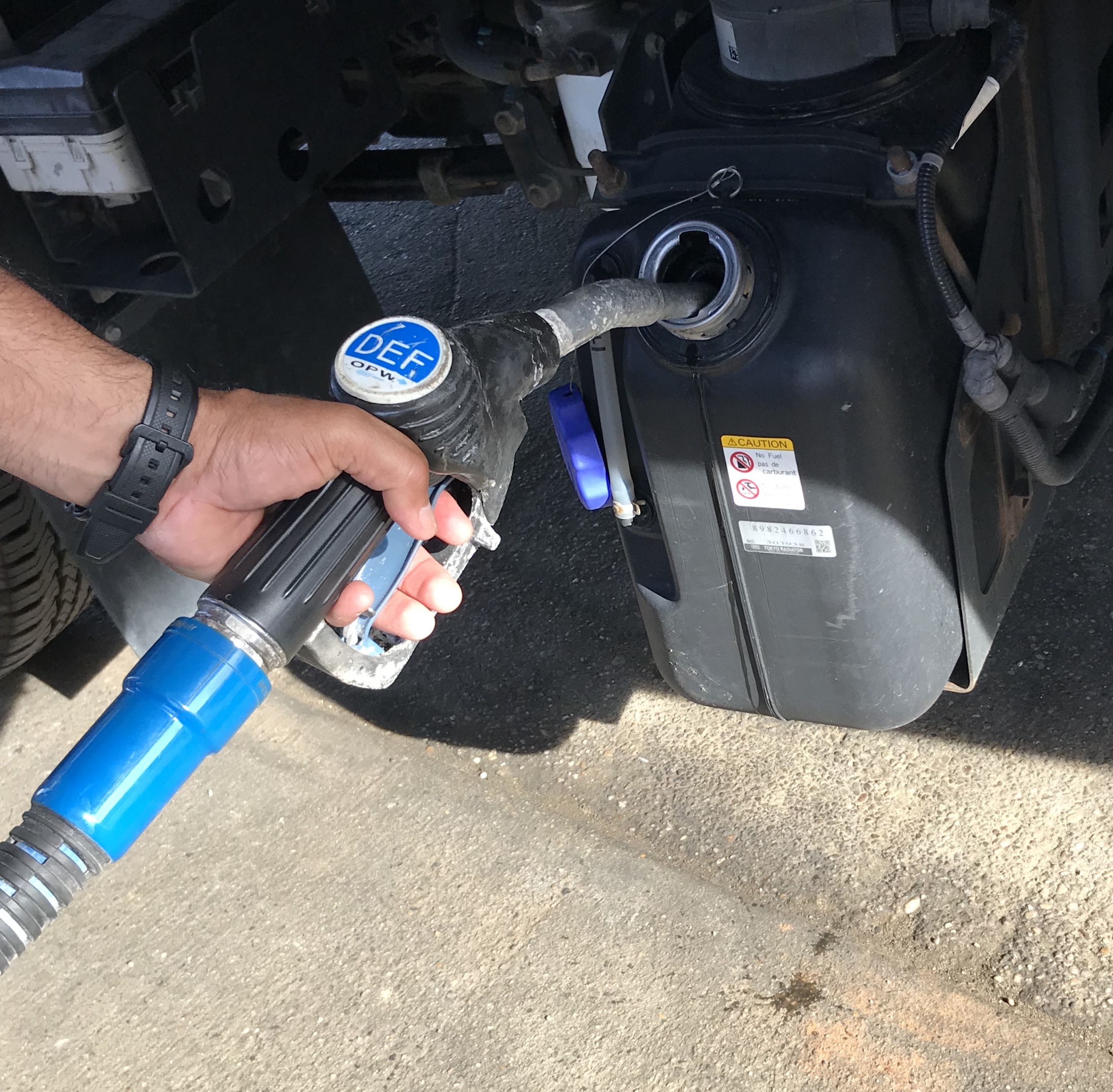In the ever-evolving world of automotive technology, one term that has gained prominence in recent years is def diesel exhaust fluid (DEF). DEF plays a crucial role in reducing harmful emissions from diesel engines, contributing to cleaner air and a healthier environment. In this blog post, we’ll delve into the intricacies of DEF, exploring its composition, functions, and the environmental impact it has on our world.
Understanding Diesel Exhaust Fluid (DEF)
Diesel Exhaust Fluid, commonly abbreviated as DEF, is a non-toxic solution designed to reduce nitrogen oxide (NOx) emissions produced by diesel engines. It is a clear, colorless liquid that consists of purified water and urea, a compound derived from ammonia. DEF is stored in a dedicated tank on diesel-powered vehicles and is injected into the exhaust stream as a post-combustion treatment.
How DEF Works
The primary function of DEF is to break down nitrogen oxides into harmless nitrogen and water vapor. When injected into the exhaust system, DEF reacts with the hot exhaust gases in the presence of a catalyst, typically a selective catalytic reduction (SCR) catalyst. This chemical reaction converts nitrogen oxides, which contribute to air pollution and smog, into nitrogen and water. The resulting emissions are significantly less harmful to the environment.
Benefits of Using DEF
- Emission Reduction: DEF is a key component in achieving compliance with stringent emission standards. It helps diesel engines meet regulatory requirements by reducing NOx emissions, ensuring cleaner air quality.
- Improved Fuel Efficiency: While DEF itself doesn’t affect fuel efficiency, the technology used in conjunction with DEF, such as selective catalytic reduction, can enhance the overall efficiency of diesel engines.
- Engine Performance: The use of DEF contributes to optimal engine performance by ensuring that the combustion process is as clean and efficient as possible. This can lead to a longer lifespan for the engine and its components.
- Environmental Impact: By reducing harmful emissions, DEF plays a pivotal role in minimizing the environmental impact of diesel-powered vehicles. It aligns with global efforts to combat air pollution and promote sustainability.
Handling and Storage
Proper handling and storage of DEF are crucial to maintaining its effectiveness. DEF should be stored in a cool, dry place, and exposure to direct sunlight should be minimized. Additionally, DEF freezes at temperatures below 12°F (-11°C), so precautions must be taken in cold climates to prevent damage to the storage and dispensing equipment.



